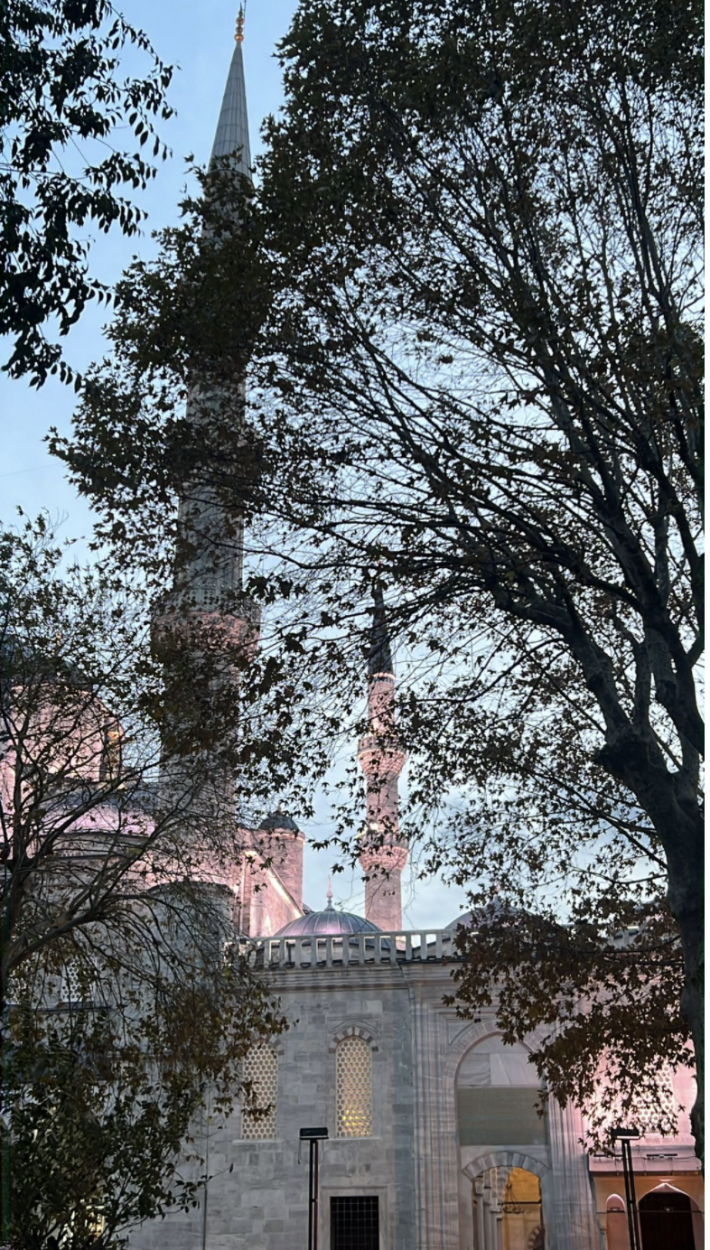Having travelled to Istanbul before, this trip showed me a different side to Türkiye. The diaspora in the UK and in the West tend to be very patriotic about being Turkish, and this is the case in Türkiye, too. The streets are filled with pictures of Ataturk, the founder of Türkiye. However, lecturers from Beykoz Üniversitesi, Kırklareli Üniversitesi and Batman Üniversites provided critiques whilst staying hopeful and diplomatic.
The workshop on women in the Turkish workforce revealed critical conceptual and theoretical areas surrounding gender inequality. Despite Türkiye’s high Human Development Index (HDI), a flawed representation emerged, emphasising the persistent struggles faced by Turkish women, particularly in low-paying agricultural jobs. The discrepancy between official employment statistics and the reality of unpaid labour highlighted a systemic issue, reflecting the inadequacy of existing conceptual frameworks in capturing the true extent of women’s economic participation. Theoretical considerations must delve into cultural, social, and economic structures perpetuating gender disparities, offering insights into transformative policies necessary to address Turkish women’s multifaceted challenges in the workforce.
Travelling abroad has proven to be a transformative experience. It extended beyond academic enrichment to social growth. The trip undoubtedly increased my academic knowledge, but it equally impacted my social skills. As someone who is more introverted, this trip compelled me to step out of my comfort zone, whereby I engaged with a diverse group of individuals. This not only enhanced my ability to communicate effectively but also allowed me to develop a heightened cultural awareness. My time abroad has been academically and personally transforming due to the combination of social and academic learning. It has broken down barriers and expanded my horizons.
While some preconceptions about the Middle East persisted throughout the trip, particularly concerning Turkey, I found my perspective challenged. I had previously stereotyped Turkish people as overwhelmingly patriotic and hesitant to criticise their government or acknowledge its shortcomings. However, conversing with locals and attending lectures revealed a more nuanced reality. While the people of Türkiye take pride in their country, I discovered that they also possess the ability to criticise their government and acknowledge its developmental challenges openly. This experience has prompted a reevaluation of my initial assumptions about the dynamics of patriotism and civic discourse in Turkey.
Sabib Khan
